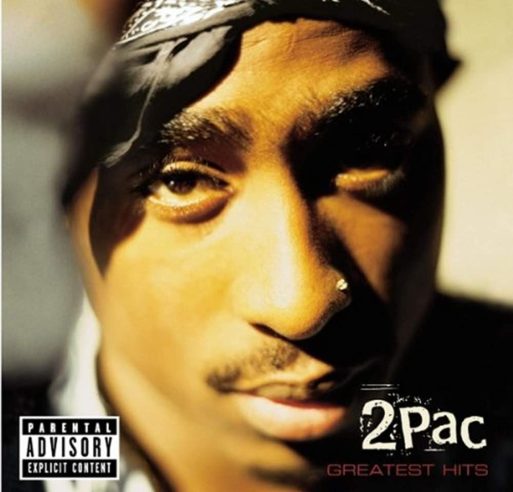
Source: Amaru Entertainment
On the surface, “Life Goes On” by Tupac Shakur is a gritty ode to the people we lose during a lifetime. But beneath the surface, Shakur is weaving a complex balance of perspectives that never traditionally aligned.
One of the reasons Shakur was so special was that he could thread the needle between poetry and gangster rap. In doing so, he was able to bring a softer side to a genre that was overwhelmingly centered around violence. And he also was able to appeal to more than just the gangster rap community. This allowed him to expose a broader audience to the harsh realities that so many people face.
In songs like “Life Goes On,” we hear that needle threaded perfectly. Just take the following verse:
Two in the morning and we still high, a%!ed out
Screamin’, “Thug ’til I die!” before I passed out
But now that you’re gone, I’m in the zone
Thinkin’ I don’t wanna die all alone, but now you gone
And all I got left are stinkin’ memories
Tupac starts this section by appealing to his more hardened fan base by referencing drugs and thugs. But then he hits us with the sensation of being alone in this world. That’s a vulnerable feeling, and vulnerability was generally not used in the world of ’90s gangster rap. By coating that softness in a hard shell, he was able to give his gangster rap fan base permission to feel their raw emotions.

A graffiti artist memorializes Tupac Shakur.
Source: Wikimedia Commons
None of this is without risk. There’s a world in which his emotions could be perceived as soft, and his rough exterior turns off swathes of his more privileged audiences. But by and large, he manages to capture both sides by addressing the universality of loss.
He does it again in the next verse:
Me and you, no truer two, while schemin’ on hits
And gettin’ tricks that maybe we can slide into
But now you buried — rest, n*%#^, ’cause I ain’t worried
Eyes blurry, sayin’ goodbye at the cemetery
Though memories fade
I got your name tatted on my arm
So we both ball ’til my dyin’ days
Before I say goodbye
Kato and Mental, rest in peace! Thug ’til I die!
After referencing some activities of a “player,” he’s able to abruptly shift into a line that normalizes crying. Something we all (especially men) probably need to do more often.
“Life Goes On” stands as a testament to Tupac Shakur’s artistry and his ability to create music that transcends time and genres. Its emotional depth, vulnerability, and message of resilience resonate with listeners, reminding us to embrace life’s challenges and cherish the fleeting moments we have. Tupac’s legacy lives on through this powerful anthem.

 “Life Goes On” by Tupac Shakur
“Life Goes On” by Tupac Shakur


 “Summons” by Aurora Levins Morales
“Summons” by Aurora Levins Morales
 How To Dispose of a Body In Space
How To Dispose of a Body In Space
 AMA Adopts New Policies Expanding Access to Palliative Care
AMA Adopts New Policies Expanding Access to Palliative Care














